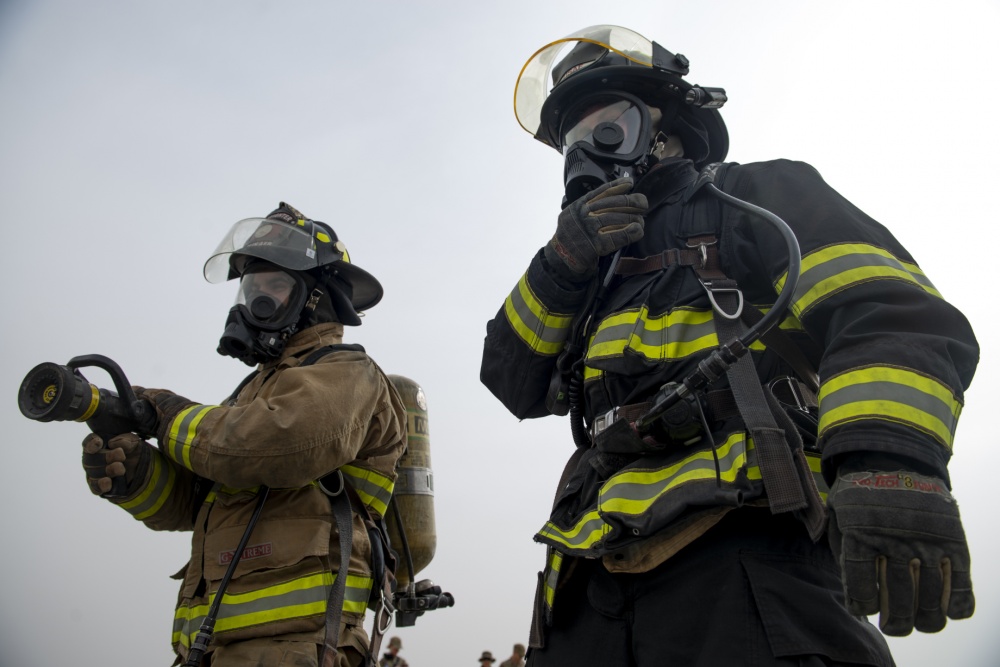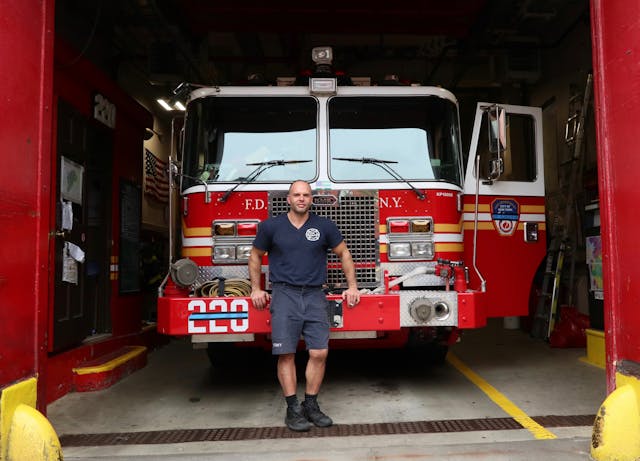Retirement for first responders is a bittersweet milestone. While it marks the end of a physically and emotionally demanding career, it also ushers in a new set of challenges. For many, adjusting to life without the structure and camaraderie of the job can be difficult. The sense of purpose that came with serving the community may feel lost, leaving retired first responders searching for a new direction.
Physical health often becomes a concern during retirement. Years of wear and tear on the body from physically demanding work can lead to chronic pain, mobility issues, or lingering injuries. Without adequate support, these issues can significantly impact the quality of life for retired first responders.
Mental health plays a crucial role in this transition. The shift to retirement often brings unprocessed trauma to the forefront. First responders who spent years focusing on others may struggle to prioritize their own mental well-being. The absence of their professional identity can lead to feelings of isolation or depression.
The 911 Warrior Foundation offers resources to help retired first responders navigate this new chapter. From wellness programs to creating a strong support network, we’re here to ensure this transition is not just about surviving but thriving. With the right tools and community, retirement can be a time to rediscover passions, build connections, and embrace a fulfilling life.





